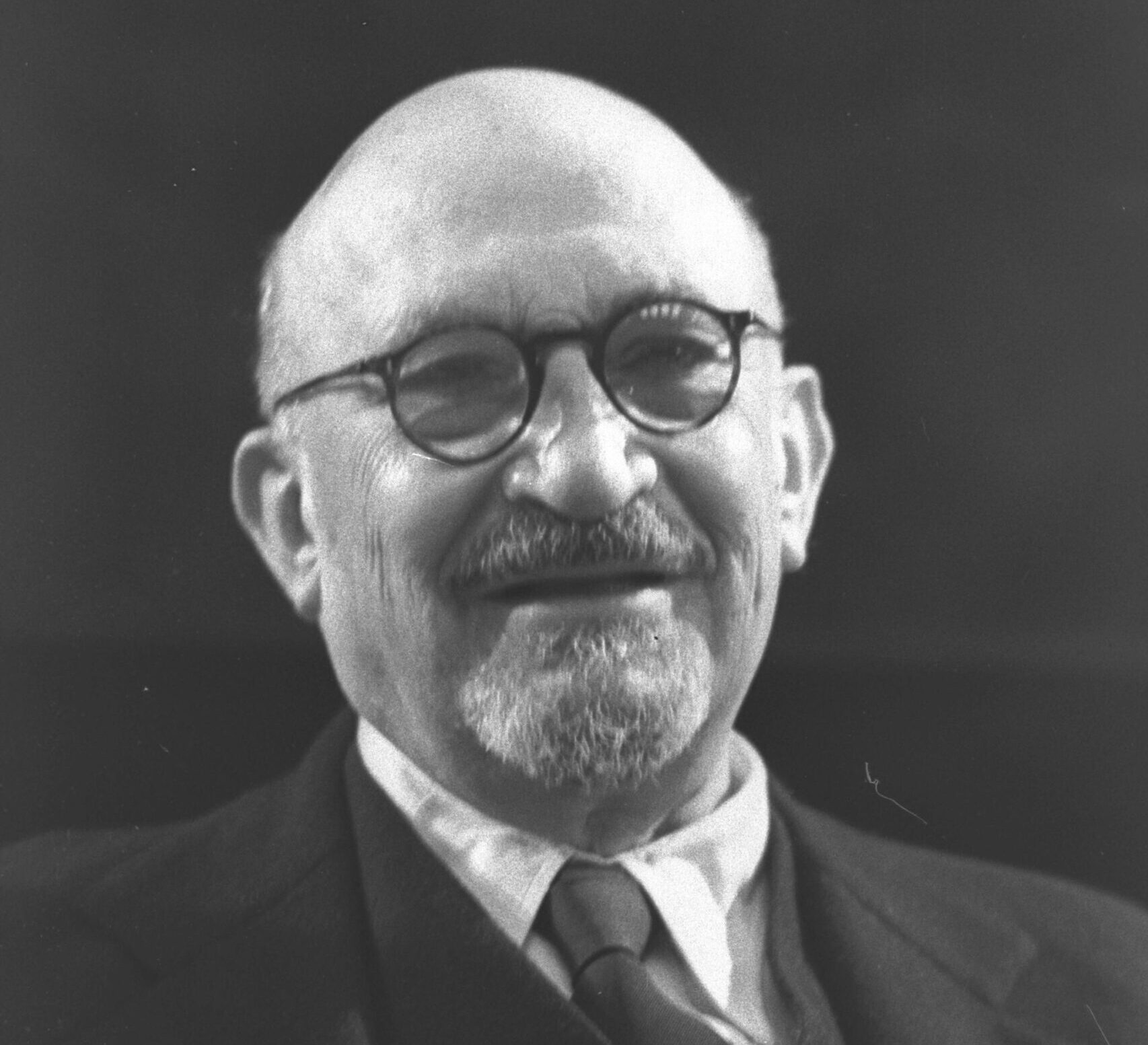
August 11, 1929
The League of Nations’ 1922 Articles of Mandate called for the creation of a Jewish Agency to “be recognized as a public body for the purpose of advising and cooperating with the Administration of Palestine in such economic, social and other matters as may affect the establishment of the Jewish national home and the interests of the Jewish population in Palestine.” The World Zionist Organization (WZO) served as this agency and worked directly with the British.
The head of the WZO, Chaim Weizmann, believed that in order for a Jewish agency to be truly representative of world Jewry, it needed to include voices and leaders that were unaffiliated with the organization at that time. Negotiations to create an expanded, more representative body took seven years because of disunity within the Zionist movement and efforts to engage those outside the movement. A key non-Zionist whom the WZO worked to engage was Louis Marshall, the pre-eminent leader of American Jewry in the early 20th century. He believed that the best solution to the problems faced by Jews throughout the world was emancipation in their countries, not immigration to Palestine. The WZO was successful, and Marshall became supportive of its work, taking pride in the efforts to settle and develop Palestine, expressing admiration for Theodor Herzl, and contributing financial resources to technical education and agricultural projects in Palestine.
Agreement between the Zionists and non-Zionists was reached in November 1928. The British signed off on the agreement in July 1929. During the 16th Zionist Congress, the new Jewish Agency was ratified by a vote of 231-4 with four abstentions. The Jewish Agency held its first meeting on August 12, the day after the conclusion of the congress. With so many Jews having immigrated to the United States over the previous four decades, American presence in the Palestine Jewish Agency became financially and politically significant for Zionism’s key growth in the United States.
